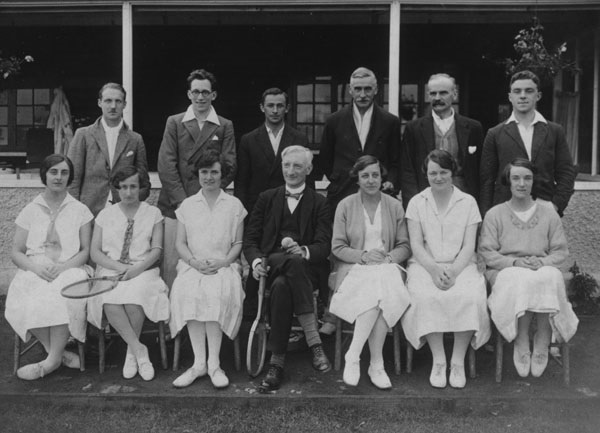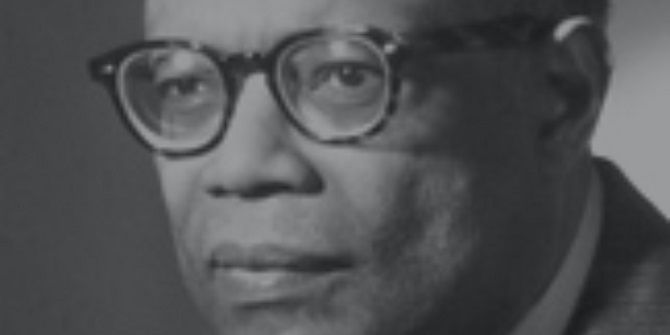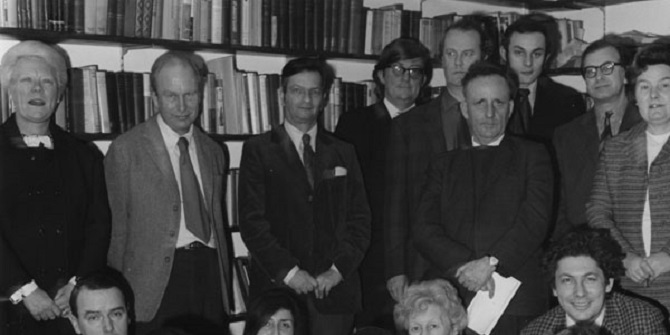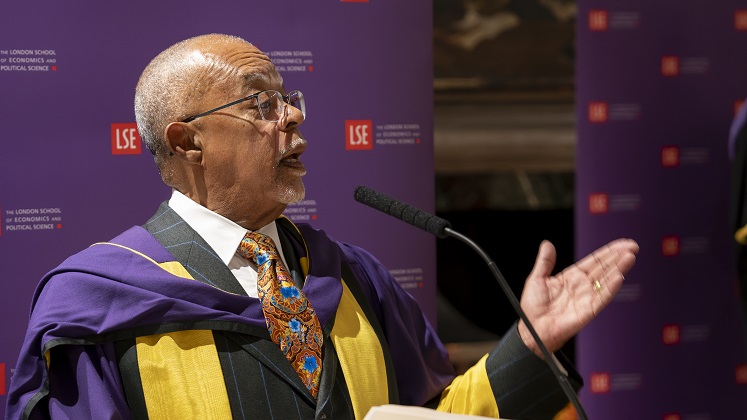At the start of a new academic year LSE Archivist Sue Donnelly look back to the 1920s and 1930s when the LSE Director, William Beveridge, would begin the year with an address to new students.
William Beveridge was appointed as Director of LSE in 1919 but the first record of an address to students is 1921. Over the years the address covered the significance of LSE and the social life of the School along with the importance and challenges of studying the social sciences.
In 1920 LSE was only 25 years old and in his address at the start of the 1922/1923 academic year Beveridge describes it as “a new place in many ways with traditions still to make” reminding the students that the founding of LSE took work and effort (Beveridge/5/10/1):
… to the making of every great institution has gone the giving up of time and labour and thought without reckoning of rewards.
Later in 1930 Beveridge recounted the excitement and risks involved in founding the School (Beveridge/5/10/13):
The life of the School has always been a life of adventure, the breaking into new fields of study and the attacking of old problems by new methods. The foundation of the School was itself one of the wildest adventures ever known. Most educational institutions begin with a large endowment and an imposing list of subscribers and supporters: the School was begun with no capital resources at all, in two rooms by two or three men who have since become, but were not then, distinguished, who had no weapons but ideas and determination.

In 1931 Beveridge encouraged the students to take an active role in School life (Beveridge/5/10/16):
…to give you an opportunity of learning to do things of many kinds, of learning to render services as well as enjoying them.
He reminded students that “Man does not live by books alone” and encouraged them to join in debate, sport and social events.
But what were the benefits of studying at LSE? In the notes for 1924-1926 (Beveridge/5/10/8) Beveridge was clear:
The School again is not a place of technical education fitting you for one and only one profession. It makes you better for every occupation, it does help you get on in life … But you will lose most of the value of the School if you regard it solely as a means of getting on in life. Regard it as a means of learning, to advance science and civilization.
By the 1930s the address (Beveridge/5/10/16) focussed on Beveridge’s ideas about the social sciences and the study thereof declaring in 1931 that:
Our scope is best defined as a study of man in society.
Beveridge also declared his conviction of the importance of undertaking the study of society (Beveridge/5/10/26):
A belief that reason applied to human affairs might make it possible for us ultimately to manage them better, as reason applied to nature has enabled us to master so much of nature. Their general idea was belief in the possibility and the need for a Science of Society. But it’s not enough to have a general idea. You must also know how to put it into practice.
You can read Beveridge’s notes and addresses in full on the Archives Catalogue at Beveridge/5/10/1-27.






1 Comments